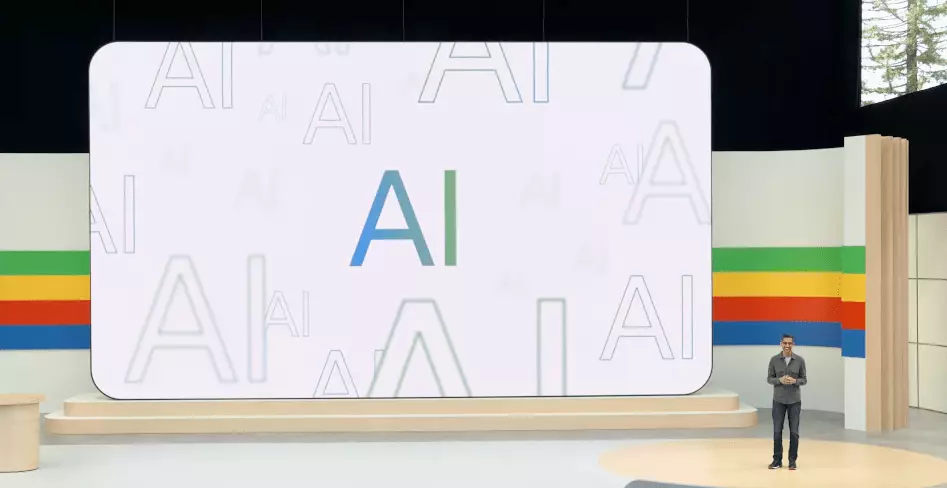In recent years, technological innovation has reshaped the digital landscape, with giants like Google pioneering features that aim to streamline user experience. Among these, AI-generated summaries placed at the top of search results initially promised convenience. However, what seemed like a beneficial feature quickly revealed darker implications. As these summaries grew in prevalence, news publishers and content creators found themselves losing significant traffic, engagement, and revenue. The core issue isn’t just about algorithm changes; it’s about the broader power dynamics and a troubling lack of accountability.
Google’s implementation of AI Overviews, claiming to assist users with concise answers, essentially transforms the search ecosystem into a gatekeeper-controlled conduit. Content that was once accessible and discoverable through organic search now faces exclusion or diminished visibility. This shift disproportionately affects news outlets, especially smaller publishers, who rely heavily on search traffic for survival. Their content is being repurposed without explicit consent, and they are denied the simple choice of opting out, creating a sense of exploitation that undermines the fundamentals of fair digital competition.
The Ethical Dilemma of Content Exploitation
One of the most glaring issues with Google’s AI summaries is the opaque nature of content usage. The complaint from the Independent Publishers Alliance underscores the unethical aspect: publishers’ material is being harnessed in a way that benefits Google’s AI features, often without fair compensation or acknowledgment. This practice raises profound questions about intellectual property rights and the moral responsibilities of tech giants.
Moreover, the proliferation of these summaries risks eroding the diversity of information available online. When a handful of dominant players like Google control what gets highlighted and what remains buried, the open web becomes less of a vibrant marketplace of ideas and more of a curated show run by corporate interests. Such concentration of power not only stifles innovation but also diminishes the democratic value of free and open information.
Implications for Fair Competition and the Future of Journalism
The allegations levied against Google are not merely about lost traffic—they point to a potential monopolistic manipulation that could reshape the entire digital content ecosystem. The inability to opt out signifies a forced reliance on a platform that might prioritize its own algorithms over the rights of individual creators. This effectively consolidates power in the hands of Google, further marginalizing independent and smaller publishers.
From a broader perspective, the growth of AI summaries without proper regulatory oversight signals a vulnerability in the current digital economy. If left unchecked, this could lead to a scenario where the flow of information is dictated by algorithmic preferences aligned with corporate interests, rather than public need or journalistic integrity. The current backlash and legal challenges serve as a necessary wake-up call: the tech industry must recalibrate its approach to content and uphold transparency, fairness, and respect for creators’ rights. Only then can the web remain a space for diverse voices and robust free enterprise.

